How was ist to arrive in Accra? What expectations did you have about the city and the country before getting there? The reality you’ve found was anyhow similar to those expectations?
After 7 years in Africa we start to understand a little about this continent and the common aspects of the african people. I no longer came with expectations because I knew in a certain way what awaited me. In Accra’s case, I can say that it is one of the most Westernized African cities and with many common aspects to Europe, which makes life easier for any expat.
What do you like the most in Accra?
Accra people are most friendly to portuguese people (a bit thanks to Ronaldo!!!). There is a fairly ingrained community of Lebanese (some already in the 4th generation), but it is above all a surprisingly cosmopolitan city where even New Zealanders, among other nationalities of the world, are just around the corner. I have made friends from all over the world like brazilians, spaniards, lebanese, turks, albanians, greeks, italians, americans, etc … and in fact what I like the most in Accra is the coexistence with these people. As an example, one of the couples I prive mostly, she is german and catholic and her boyfriend is turkish and jewish.
And what do you like the least?
Accra has practically the same unpleasant ingredients of all African cities: poverty, the police that likes to extort, the lack of cultural spaces, everything we eat is imported… But the most unpleasant thing for me is the fact that it is a coastal country, to live in a coastal city, and these people do not value the sea! The beaches are dirty, full of garbage, bags and bottles that the boats pour – because there is no patrol. There is not a fringe/riviera in Accra with restaurants and play areas, just a huge and dirty beach with abandoned buildings (some actually huge).
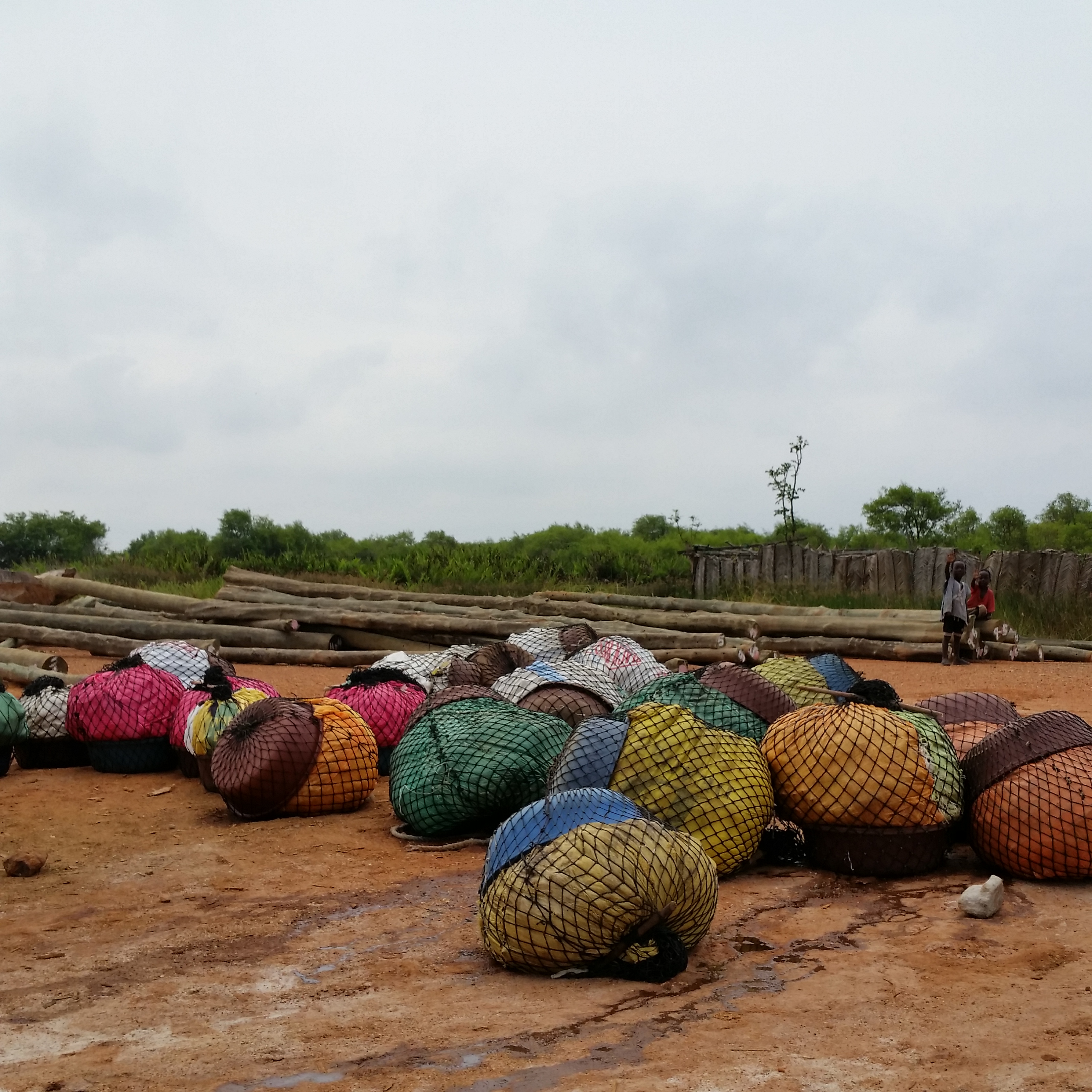
The ghanese are friendly people, they like painting, sculpture and above all have a good, out of the ordinary, taste to wear. They are very syndicalists at work, they drive badly and quickly, and they are divided religiously between Christians and Muslims. Generally educated – they speak one of the 58 dialects scattered throughout the country (in which even portuguese words are mixed!) and always speak poor English or difficult to perceive, at times.
How is a normal day for you in Ghana?
My days are divided with work during the week and leisure time at weekends. A normal work day starts with a good breakfast, with cereals and coffee, and I get to work at 8am. I live near my work, in an area designated Airport Residential, in a closed condominium. I always have lunch with colleagues, at home, and at the end of the day we have dinner at one of the less expensive restaurants closer to home, so we can easily go to rest.
Sometimes there is a cocktail at an embassy, another on behalf of a company at a hotel, or simply an escape to Afrikiko at wednesdays or thursdays to dance salsa, kuduro, kizomba, etc. in a pure african environment.
At the weekends groups gather at home, at the pool, or we go to Ada, to this or that small island (houses of rich lebanese people), or simply wake up early and do a two hours road towards a decent beach. At night, usually on saturdays, we dine in a more refreshing restaurant and end the day at Skybar for a drink with friends and to dance. For the ‘all-nighters’ it continues at the Carbon disco until 6am.
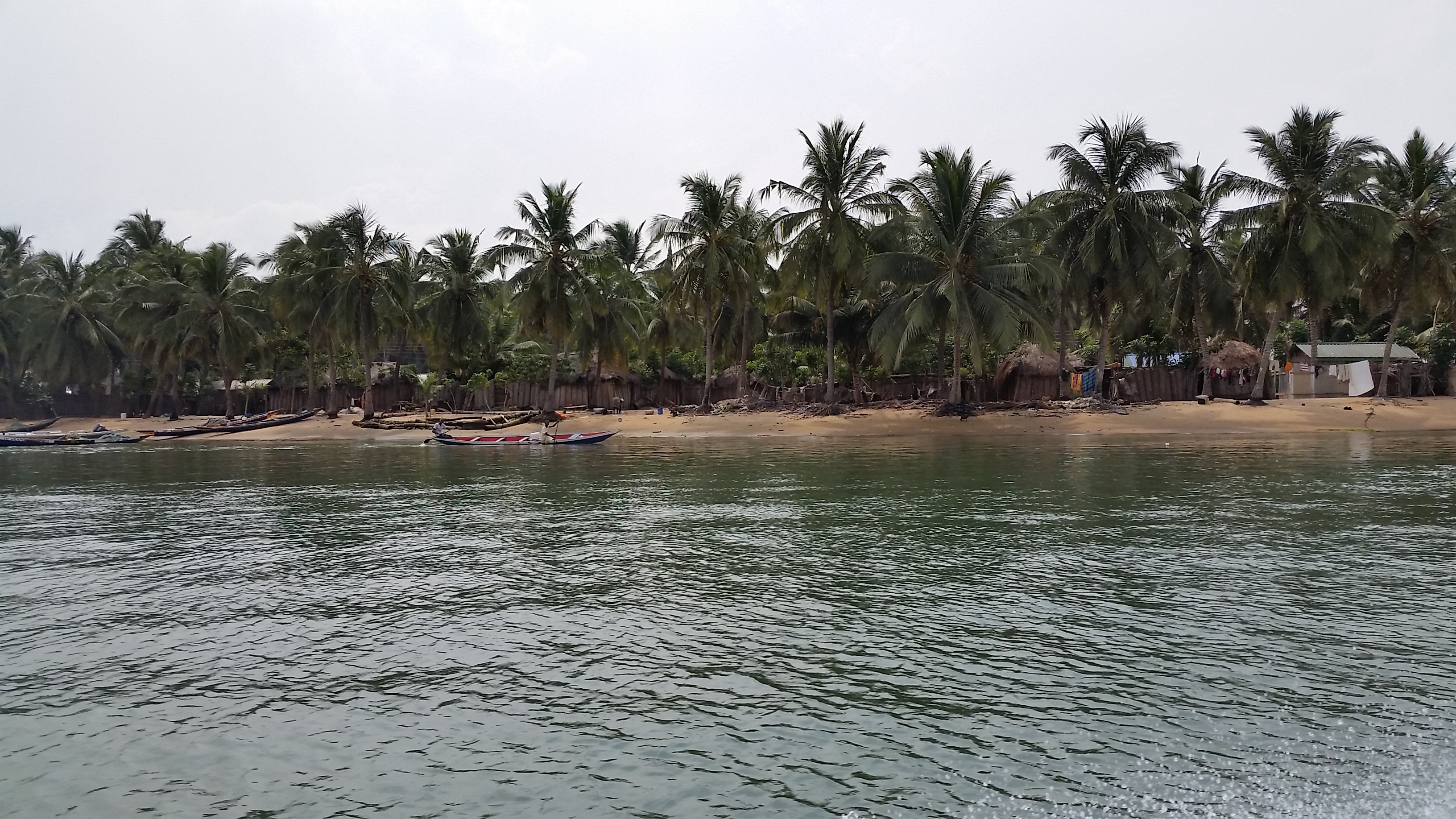
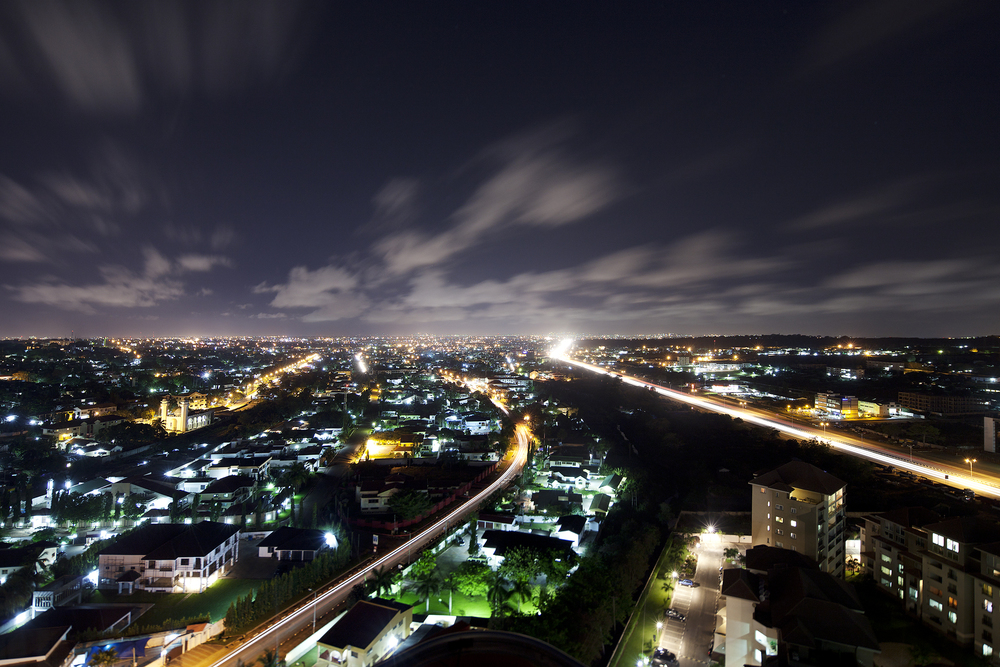
From what I know, only the markets are worth visiting. The biggest is in Osu where you can find everything: clothes, necklaces, earrings, statues, pictures etc … The rest is the wild life of bars and restaurants as above described.
And what are your favourite places to eat?
My favourite restaurants are the Accra Polo Club, Le Magellan and La Chaumiére. Next to me there is a pastry called D’Café that has some great croissants and detox juices with ginger and beetroot, where I take my breakfast almost every weekend.
Do you have any tips of how to save money in Accra?
To save money in Accra you should always eat at home. There are several supermarkets, some more expensive than others, and generally to have everything you like you must go to more than one place. Life here in terms of cost is similar to Portugal. Out of the city you pay less in gasoline, and supermarkets are also cheaper.
It is not advisable to buy food from the market unless you have lived in Africa for a long time and you know the people who are selling it. Every day I eat sliced fruit from a tent vendor in front of my work. The saleswoman even brings me the package with pineapple and papaya or banana to the office – she’s called Confort and a very nice girl, also the fruit is wonderful. But she is careful enough to wear gloves and wash the knives etc … there is a minimum of hygiene witch is essential in these things.
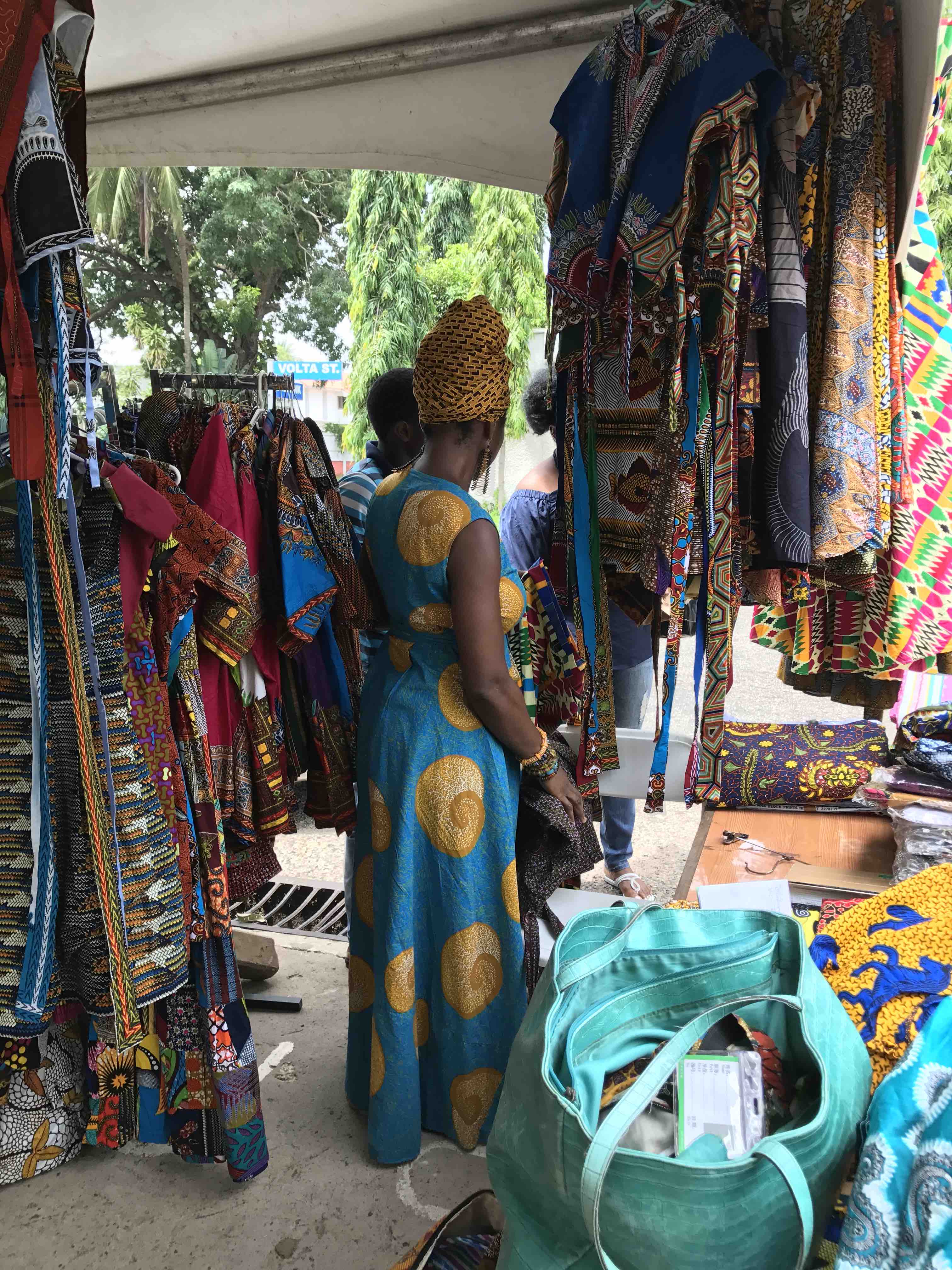
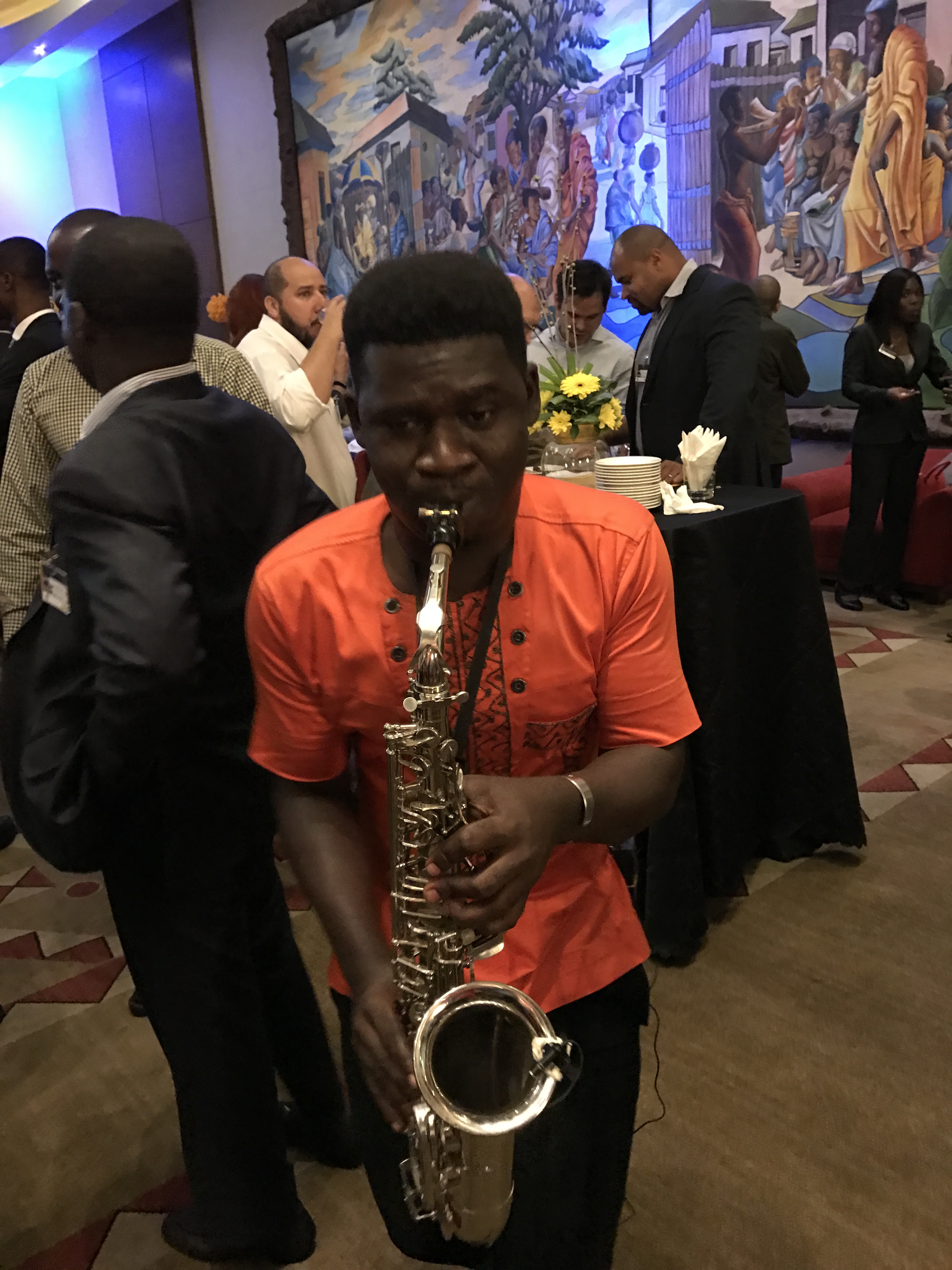
The police, no doubt! For those who smoke – attention! The Ghanaian people are fundamentalists regarding smoking. The police fines those who smokes, even in the car if you come with an open window… it’s ridiculous, given the car pollution, but it’s like that. Do not smoke on the street too, only in places identified for that purpose. The rest is normal, they stop the white people because they are the easiest target with money, and they extort money for any reason. But even so, Luanda was far worse in this regard.
In which area of the city should we look for housing and why?
There are no cheap hotels. Nothing costs less than 150 USD per night and even at this price is difficult. It should not be forgotten that Ghana is not a tourist destination and one does not enter the country without a visa. Getting visas today is quite difficult.
Thanks Bruno for your text and see you soon back in Lisbon!

If you liked this post and want to read more about my trips to Ghana or neighboring Ivory Coast, you can visit the following posts:





